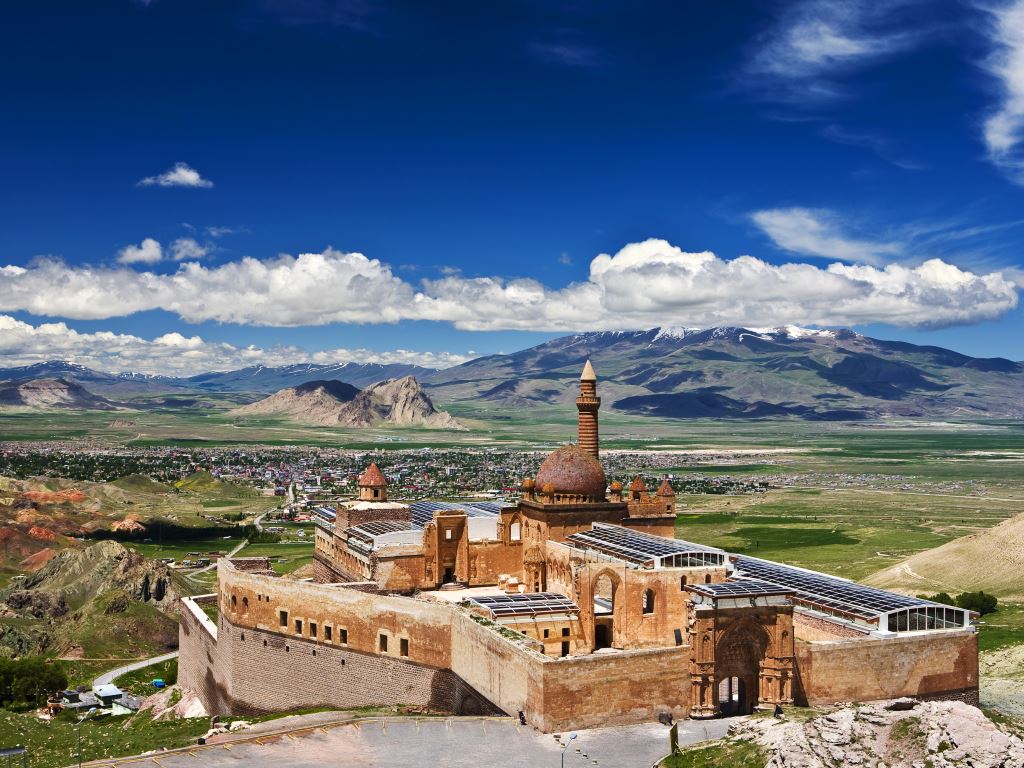It is best to avoid driving into the major cities, especially Istanbul and Ankara where driving is at its most chaotic. There is so much to see and do in Turkey; driving is definitely the best way to experience it all.
Read our Turkey travel guide. You may also like to view information about destinations in Turkey.
Tips for driving in Turkey
Driving licence
A UK paper driving licence is only valid when accompanied by photographic proof of identity, e.g. passport.
Which side of the road do they drive on?
Drive on the right, overtake on the left. Unless directed otherwise, always give way to the right.
Seat belts
If fitted, seat belts must be worn at all times by all occupants of the vehicle.
Driving with children
Children under 10 must not sit in the front seat. Children shorter than 150cm and lighter than 35kg must be seated in an appropriate child restraint system for their size and weight.
Blood alcohol limit
The blood alcohol limit is 50mg of alcohol per 100ml of blood. For drivers of cars with caravans or trailers, a zero tolerance policy operates.
Can I use a mobile?
It’s illegal to use a mobile unless you have a hands-free kit. Fines can be as high as €730.
Reflective vests, triangles & other essentials
Your vehicle needs to carry two warning triangles in case of an accident.
Do I need snow chains?
In winter, some roads require the use of snow chains. These are indicated by road signs.
Parking
Where possible, park outside towns or cities and take public transport. Otherwise, if you see a parking space, take it.
Horns and headlights
You are advised to use dipped headlights at all times. You must not use the horn in towns between 10pm and sunrise.
What should I do if I breakdown?
If you breakdown, place the reflective triangles 30m behind and in front of the vehicle to warn other drivers. Call the supplier who will be able to advise you further.
It is recommended you contact ourselves at the same time to ensure you follow the correct procedure.
What should I do if I have an accident?
If you’re in an accident, you MUST notify the Police and the car rental supplier and get an accident report for insurance purposes. Failure to do so may result in you footing the whole bill. It is recommended that you contact ourselves at the same time to ensure you follow the correct procedure.
Toll roads
All motorways in Turkey are toll roads and the majority don’t accept card or cash.
You are required to be enrolled in the HGS automatic toll system. This means the car you drive must be equipped with either an electronic-chip sticker or a toll transponder.
Book now




